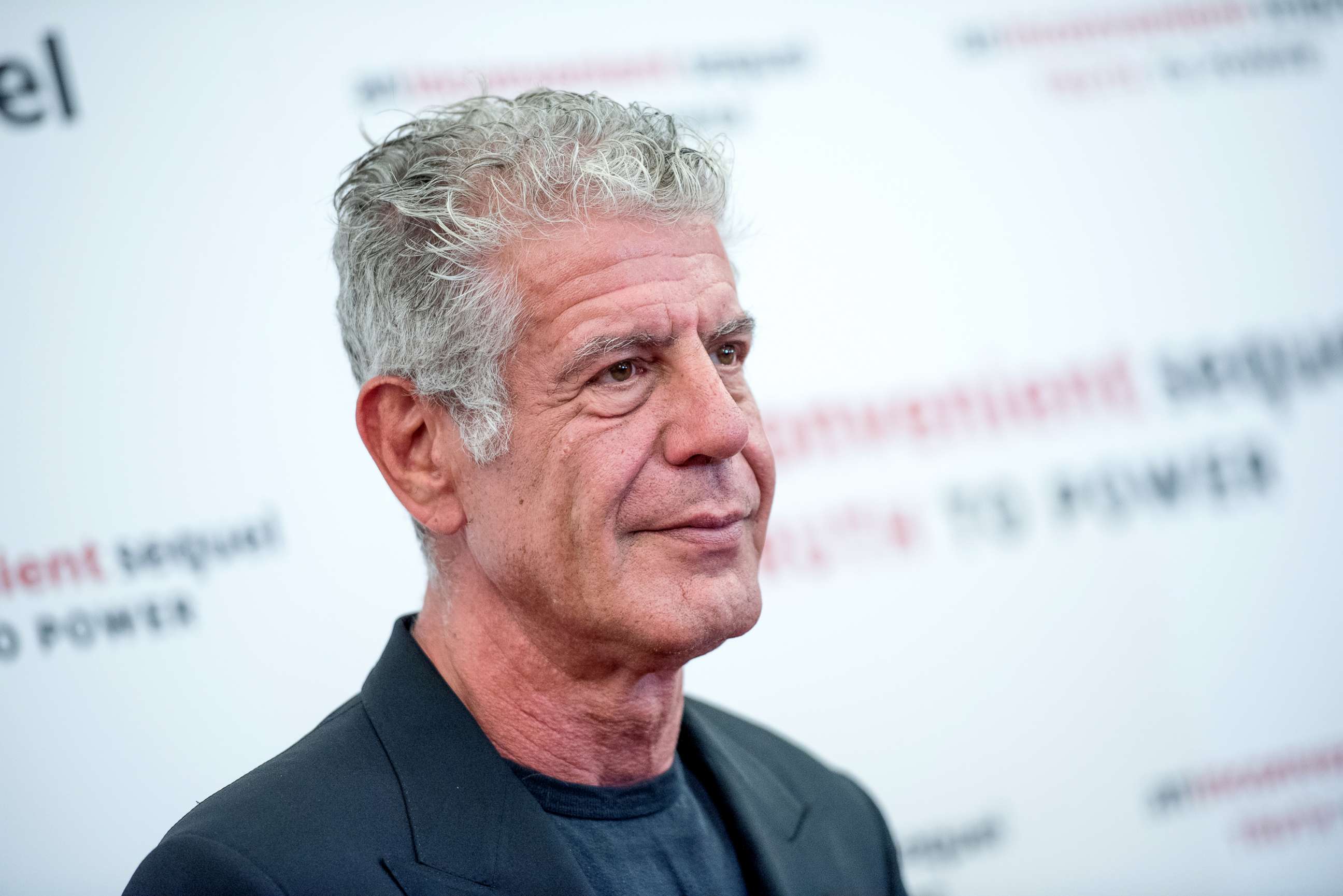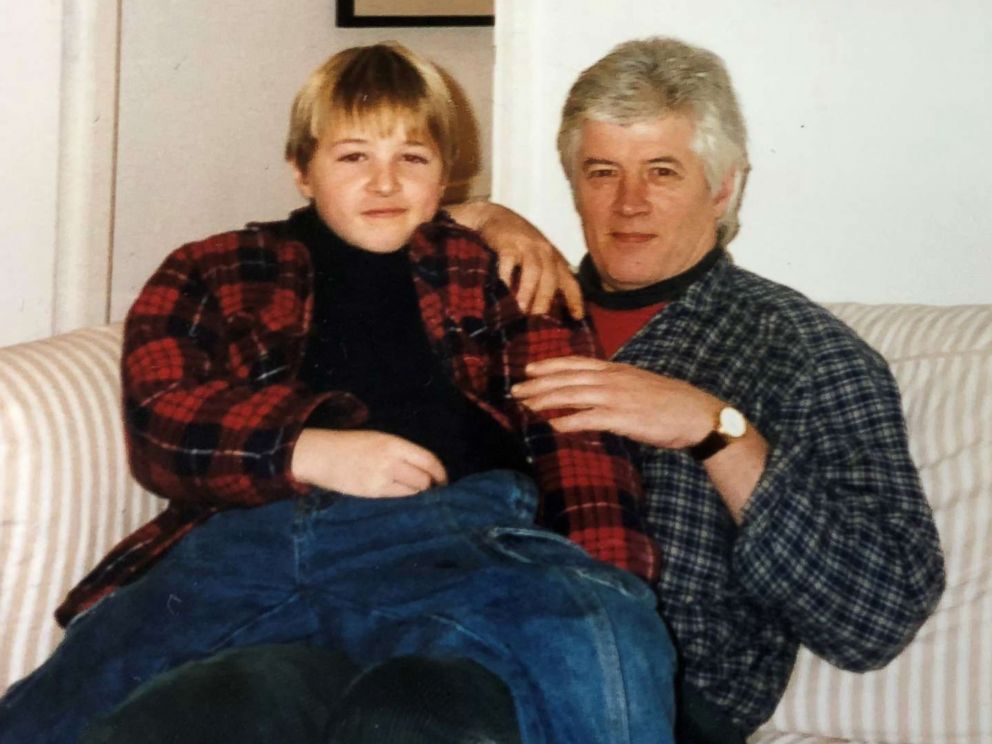What it was like to be left behind as a 9-year-old boy after my father ended his life
ABC News' James Longman lost his father when he was 9 years old.
I had to sit down and write something today. I’ve been at my desk at work, and suddenly I felt a bit strange. My heart started beating pretty fast. I felt a bit sick. I started to cry.
I wasn’t entirely sure what was happening. But, really, it was obvious: the news of Anthony Bourdain’s death triggered something in me. Together with Kate Spade’s apparent suicide earlier this week, it reminded me of the death of my father, who ended his life when I was 9 years old.
More particularly, it was his partner Asia Argento’s heart-breaking note on Twitter that hit me hardest. It reminded me of the pain and isolation you feel when someone you love ends their own life.

I say isolating because the one person from whom you want answers is the one person you’ll never see again. All the love and wishes from other people are immaterial.
They don’t matter. All that matters is answering the question, ‘Why?’ And you’ll never get it. That is a lonely feeling.
I think it’s part of the reason why they say suicide is infectious. My father was schizophrenic, and suffered badly with mental health problems for most of his life, but his suicide wasn’t the first in our family: his father killed himself, too.
I’ve battled depression, as if carrying on this tragic legacy, worried about history repeating itself.
There is no closure from suicide. No one to blame -– except perhaps yourself. Could I have said something, done anything? Was my life not worth him keeping his?
I remember sitting on the church pew as a kid at his funeral, my feet not quite touching the ground. The pitying looks, the sad eyes.
All I felt was anger. But it’s a private anger, one I needed to feel on my own.
Mostly, I was angry at how unfair I felt it all was. If others got angry, somehow it was a betrayal of his memory. The number of times I have heard "suicide is the most selfish thing you can do" –- wow, that gets to me.
I think my dad saw it as a selfless act –- to rid us of his existence. To end his pain and ours. I wasn’t angry at him. But I reserved the right to be.
All of this is so irrational. And I think that’s just the point: suicide is irrational. It’s illogical. It’s indiscriminate. The emotions it provokes in us are irrational, too.
It’s been said so many times: "Anthony Bourdain had the job we all wanted. The life we wished we could lead. How could he give it up?!"
I don’t have an answer, because the reasons behind mental illness are as diverse and unique as the people we all are.

I will also never truly know why my father felt death was better than his life, and more particularly, why it was better than a life with me in it. But what helps is the knowledge that this illness, this plague –- because that is what it has become in our society –- is not a rational choice made by people wishing to hurt us.
It also helps me to talk. So I had to write this down today, for me as much as for you.
Anyone in crisis, or who knows someone in crisis, please call the National Suicide Prevention Lifeline at 1-800-273-TALK (8255) or contact the Crisis Text Line by texting TALK to 741-741.




